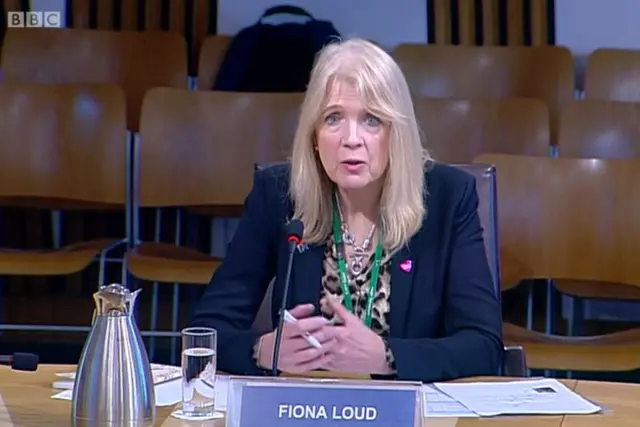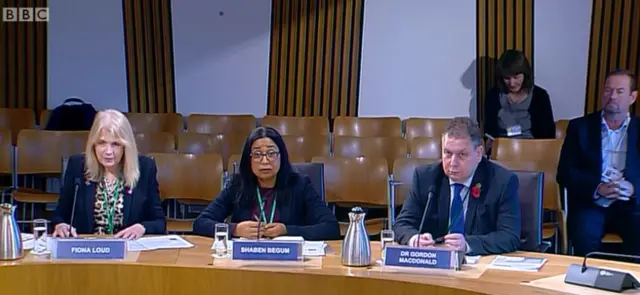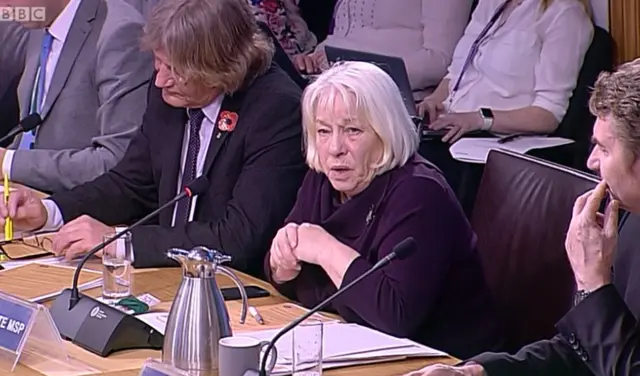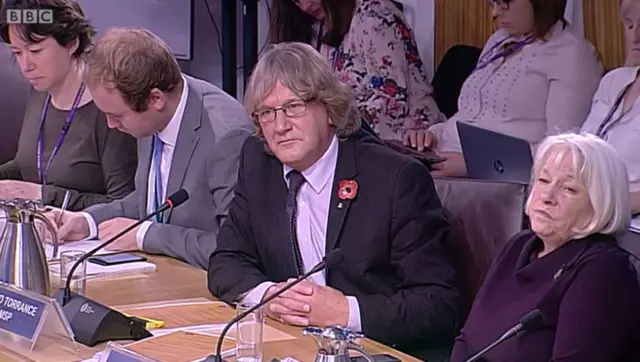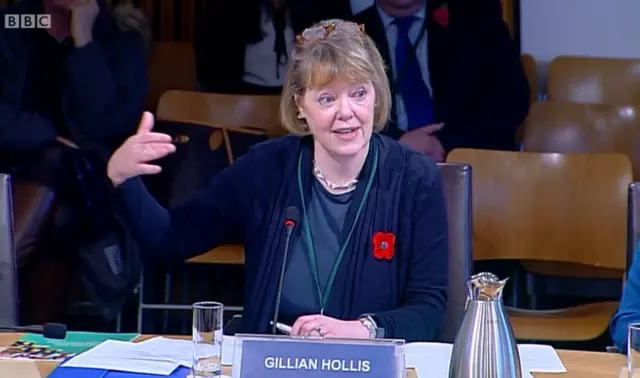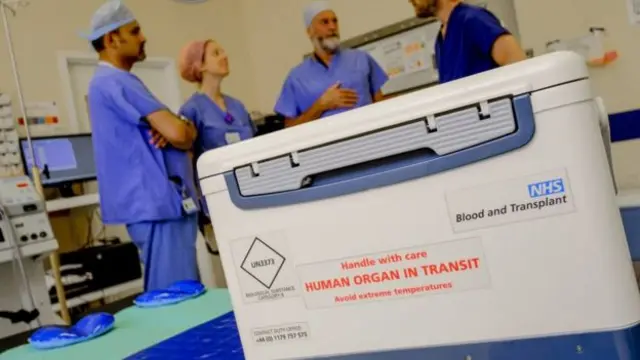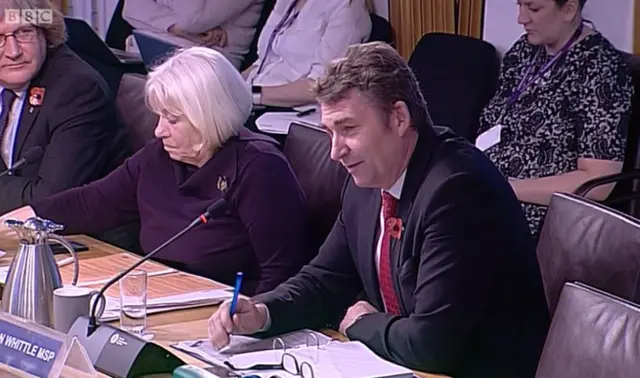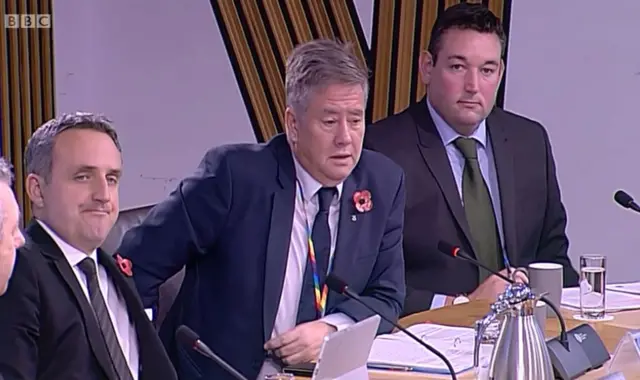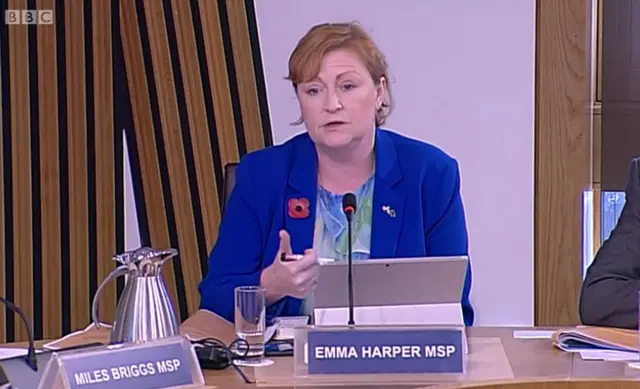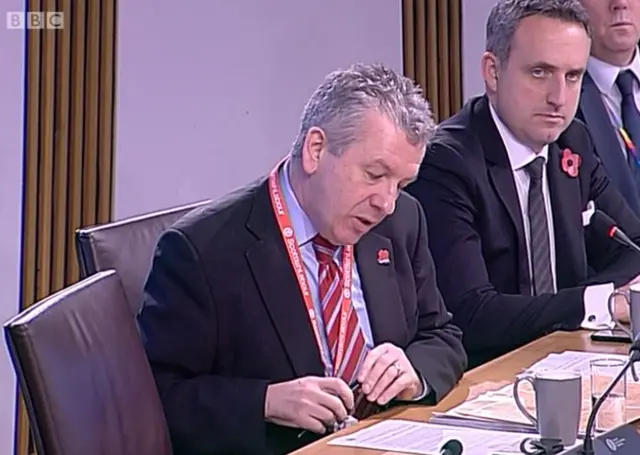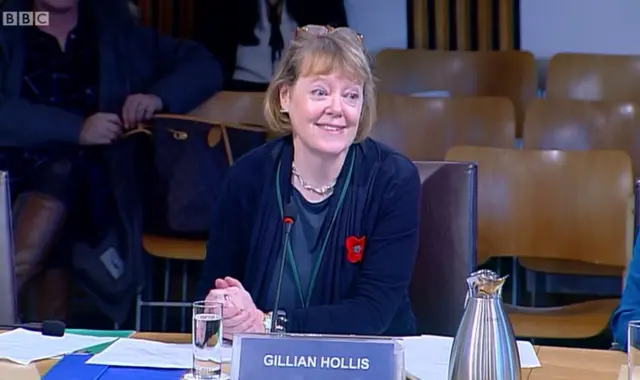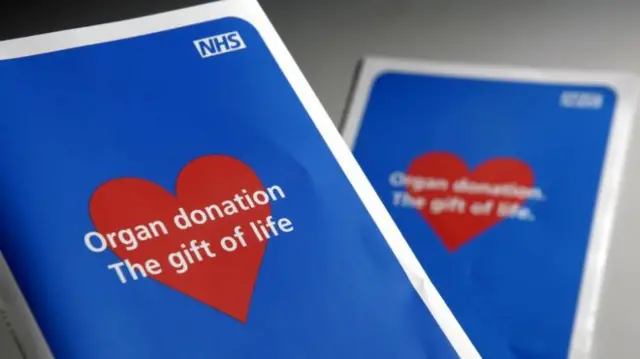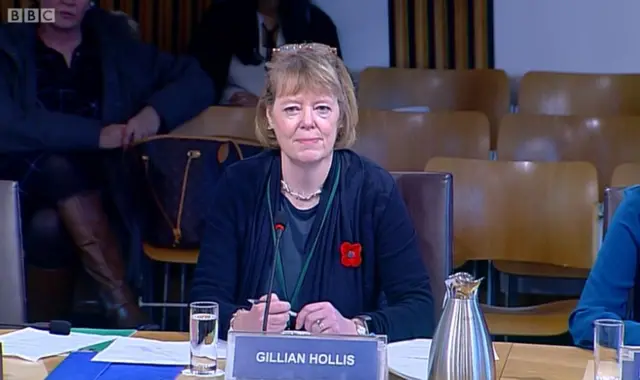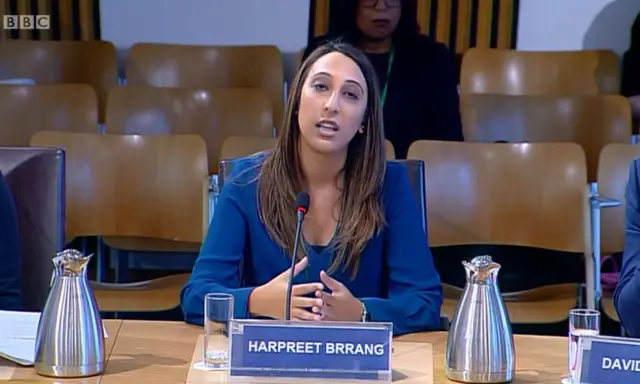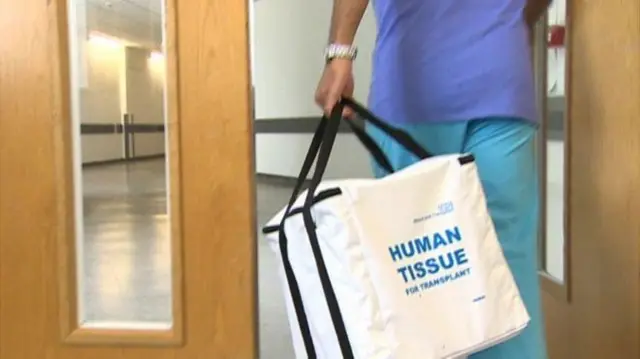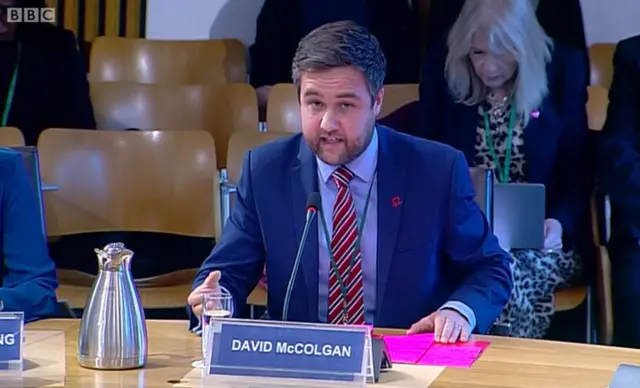Money would be better spent on specialist nurses argues CAREpublished at 11:33 GMT 6 November 2018
Shaben Begum from Scottish Independent Advocacy Alliance replies that she supports this bill, but it needs to be strengthened for those who have communication issues.
Dr Gordon Macdonald from CARE for Scotland does not believe the bill is required.
What is needed it improvements in the administrative system around organ donation, he argues.
Dr Macdonald suggests it would be better to put money to specialist organ donation nurses.
